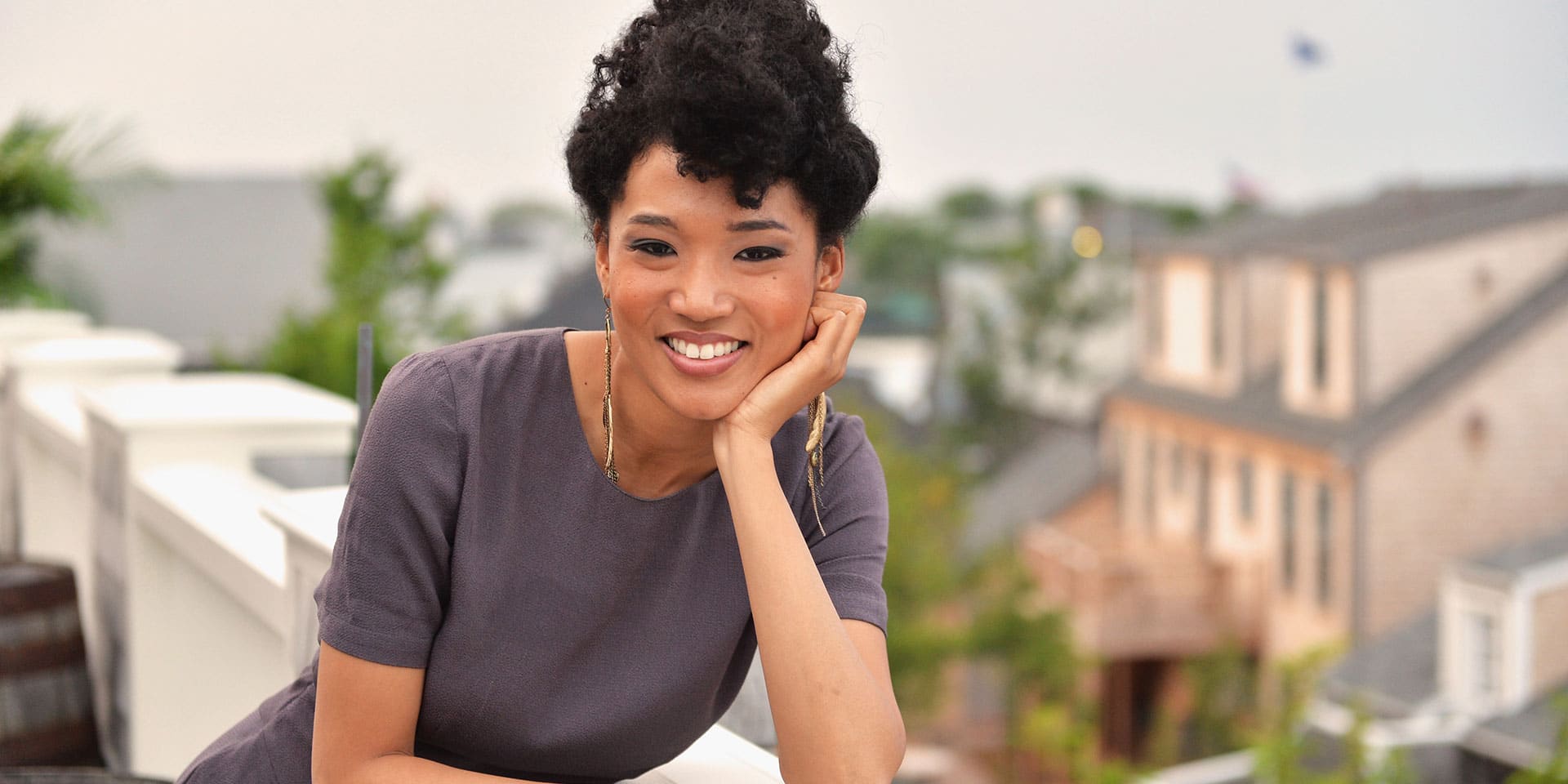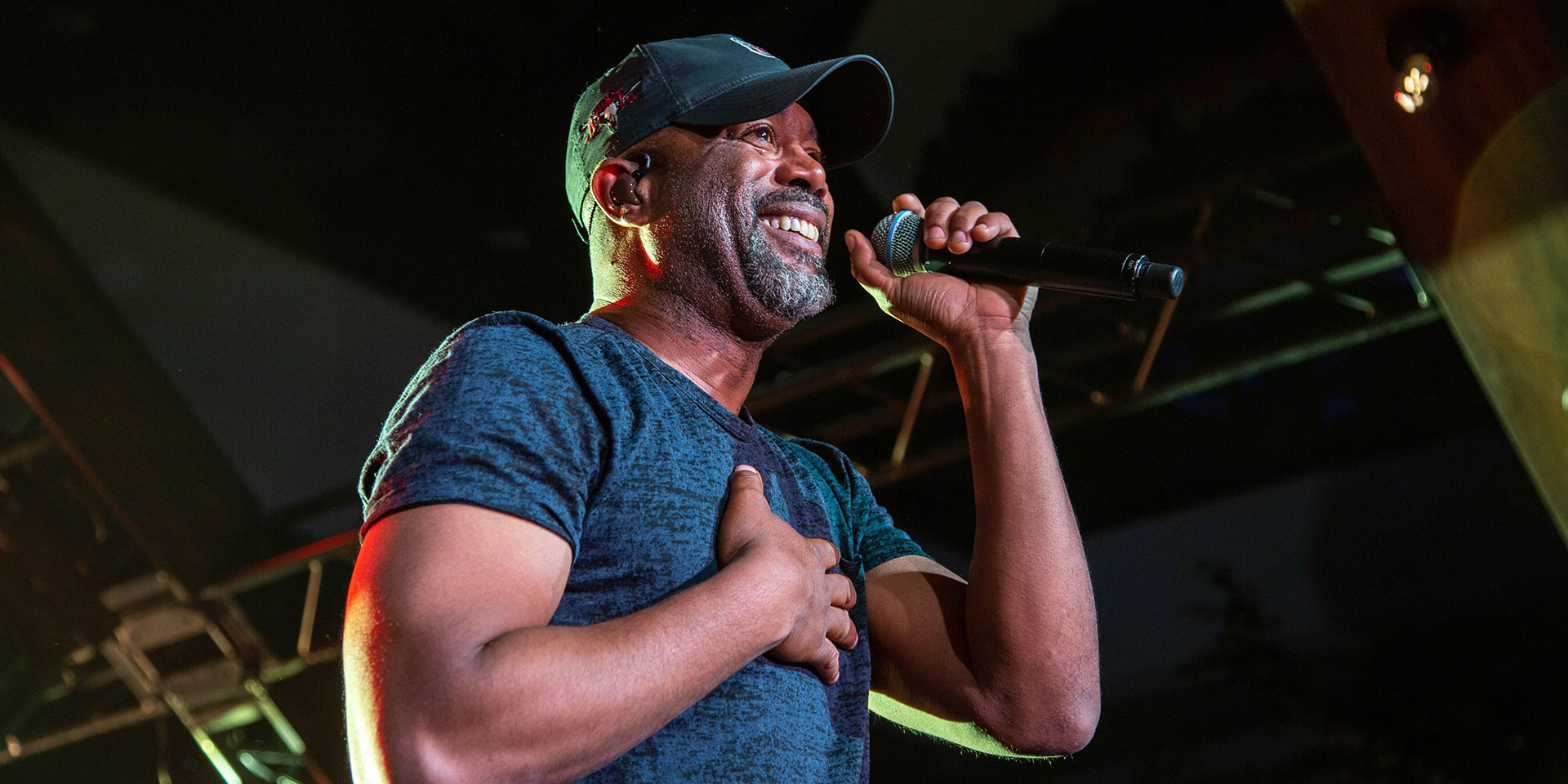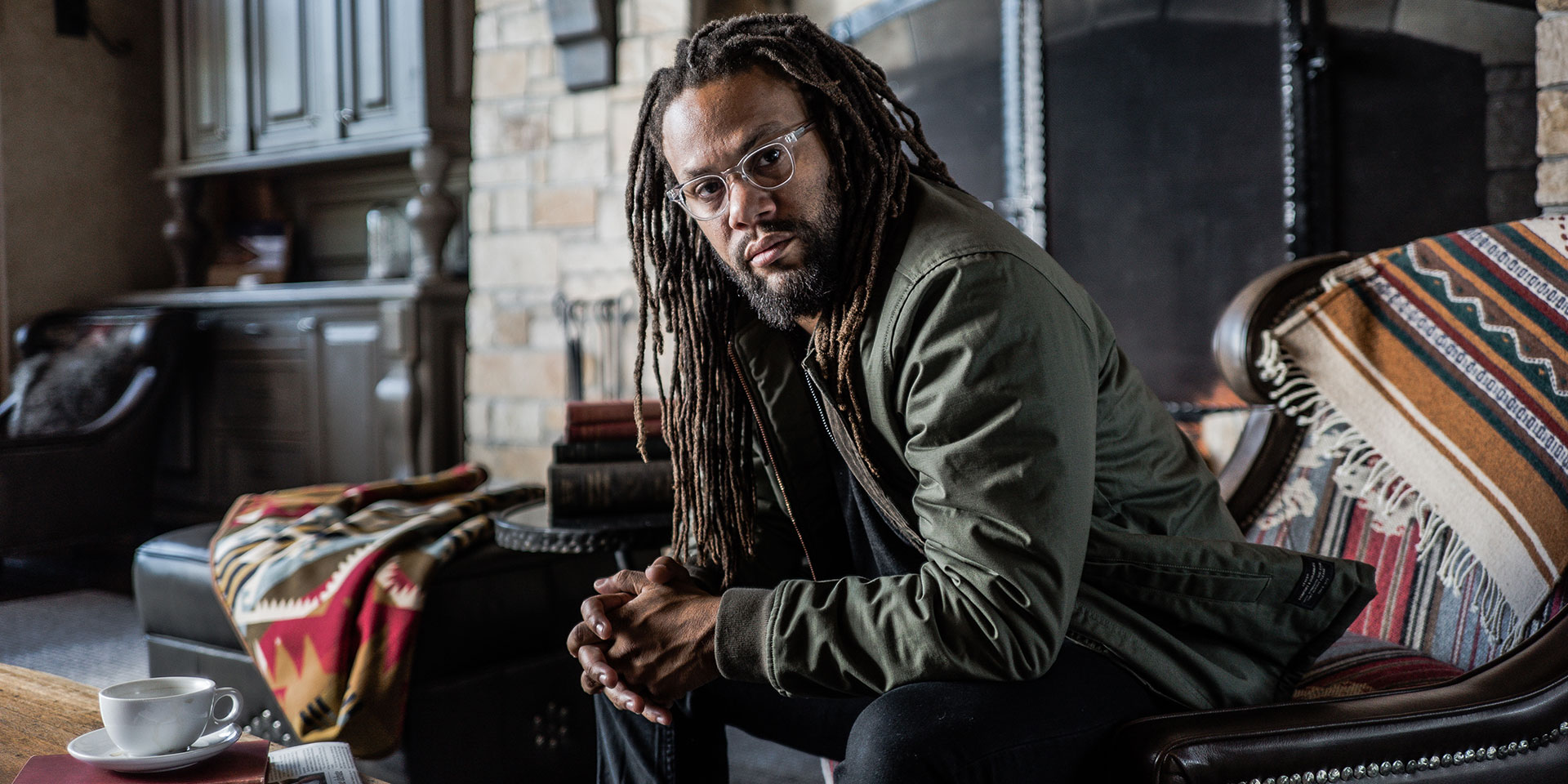
Franklin Leonard, founder of The Black List, brings great stories to light in Hollywood. (Photos: Courtesy of Autograph Collection)
Checking InThe Black List’s Franklin Leonard on Screenplays that Transport and the Global Future of Movies
By Robin BennefieldFranklin Leonard knows a good story when he sees one, especially the stories that go untold or get overlooked. He made a list of them in 2005. This list of extraordinary screenplays looking to be made into the next buzzed-about Hollywood film would become the arbiter of taste in the independent film industry. Film studios now turn to The Black List for their next moneymaker or Oscar winner.
Of the thousand or so screenplays that have appeared on The Black List over the last 12 years, 300 have become movies, making more than $25 billion in box-office sales and winning 45 Oscars.
“Spotlight” was a Black List script that won Best Picture in 2016, while “The Revenant,” another Black List script, competed in the same category. “Manchester by the Sea” was in the running in 2017.
Leonard, an Autograph Collection partner, has become an arbiter of taste himself — a connoisseur of exceptional storytelling and an avid supporter of individuals delivering the best in their craft. Marriott TRAVELER sat down with Leonard to talk why a movie’s setting matters and how great movies transcend culture.
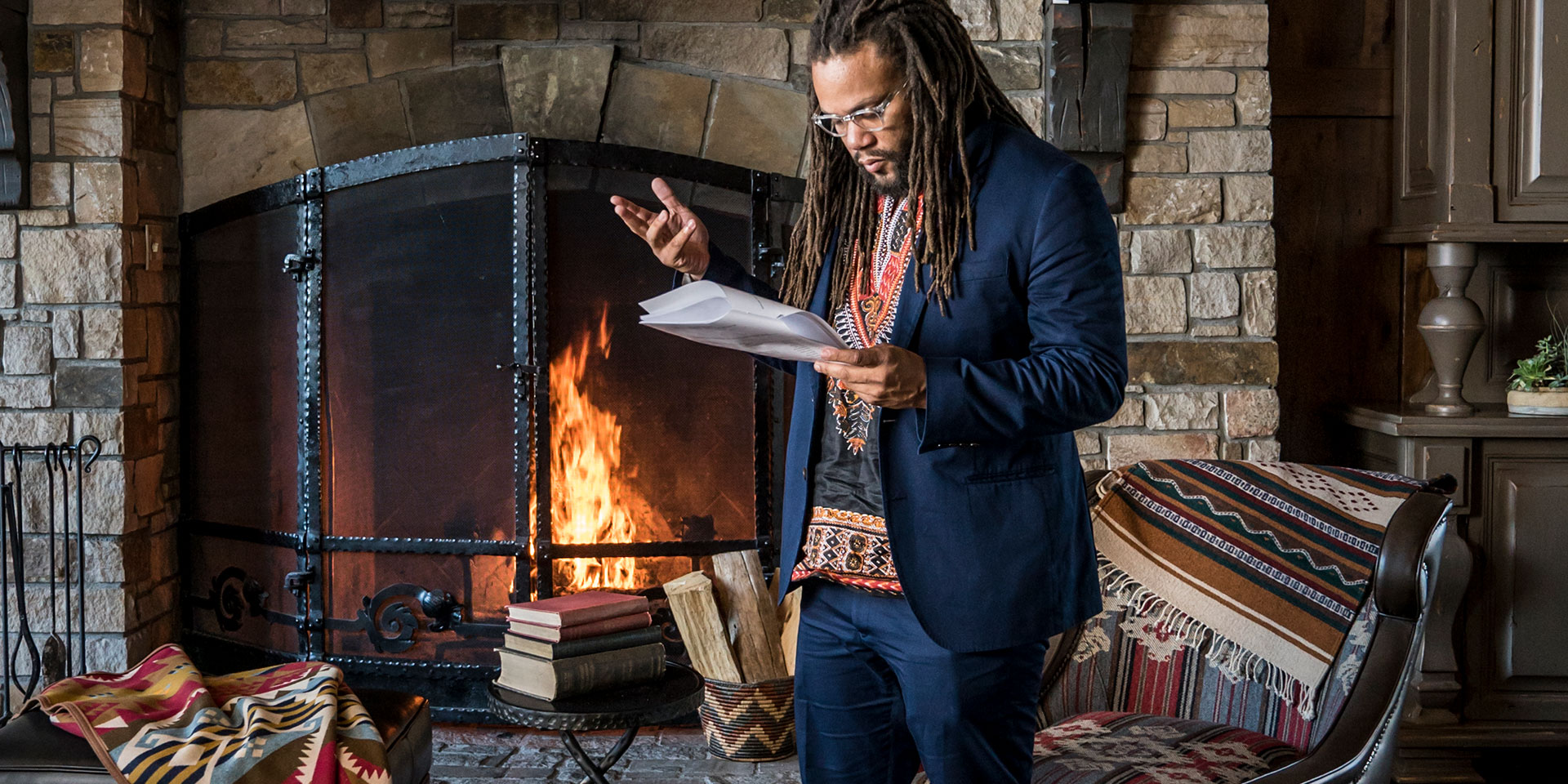
What makes a great a screenplay, and how does a sense of place play a role?
For me, one of the things that makes a great screenplay is specificity. On some level, when we watch something, whether it be film or television, we want to be able to imagine ourselves in that place. So the screenplay too needs to allow you to project yourself into the environment, and you can’t really do that unless you can imagine all of it and the specificity of it.
It’s not enough to say New York City; you need to know what neighborhood you’re in in New York City and what kind of building you’re in in New York City and who’s apartment you’re in in that neighborhood in New York City… That’s true if were’re talking about New York; it’s true if we’re talking about something entirely fake and fantasized. You still want to be able to project yourself into that environment, and that’s the backdrop upon which all narrative takes place.
With The Black List, you’ve been able to open doors and offer access to Hollywood for some people who may not have had access before. What’s your advice for aspiring screenwriters who want to break through?
The first thing is to just write something amazing. I think a lot of people think that good enough is good enough, but it rarely is.
Worry less about breaking in and worry more about being able to write something that melts people’s faces off every time they read it; then the rest kind of takes care of itself.
What trends are you seeing in screenwriting? What stories are studios selecting, and what types of stories are being submitted to The Black List?
We saw a lot of scripts about systematic corruption and systematic oppression. I think that’s in large part a response to the American political system in 2016 and certainly 2017. I think that’s a trend that will continue. I think humanity is beginning to confront the realities of systematic bias.
In terms of what studios are making right now, there’s an overwhelming focus on the international marketplace. As the industry is facing economic pressures, you’ve got to go in search of new markets. You have the BRIC countries (Brazil, Russia, India, China) because there are a lot of people there, and there are burgeoning middle classes that haven’t gotten to do the thing where they get to go to the movie theater every Friday and Saturday night.
It’s why you see so many superhero movies — because the nuances of language aren’t as necessary to understand… How do you tell a story that every human being on Earth can respond to? They exist. There’s not a person that hasn’t seen Star Wars that isn’t a little bit intoxicated by what that is.
Think about the creative challenge of creating something that is for Aborigines of Australia, a billionaire in China, and how you can sell that movie to both of those people and make them enjoy it and feel more connected to one another — that’s a goal.
What are the biggest mistakes that people make when writing a script?
Focusing way too much on plot — and then this happens and then this happens — and not enough on how does this make the audience feel. We don’t go to the movies for plot. We don’t go to the movies for information. We go to the movies to feel something, whether it’s to laugh or to cry, or to feel awe or to feel scared. If you don’t deliver those emotional sensations, no one is remembering your movie.
We don’t go to the movies for plot. We don’t go to the movies for information. We go to the movies to feel something, whether it’s to laugh or to cry, or to feel awe or to feel scared.
What’s memorable for you? What are some recent screenplay standouts?
Of last year’s movies: “Moonlight.” I mean, forget about it. Barry Jenkins is genius. Every performance in that movie is incredible and makes you feel. That third act conversation in the coffee shop … if you are not on edge and feel like your heart’s about to explode, I question your humanity. The most entertaining time I had in a movie theater in a long time was “Hidden Figures.” I think it is easy to dismiss both of those statements because I’m black and both of those movies are black movies, but that movie was thoroughly entertaining.
The box office speaks for itself. You could put those three women on screen just talking amongst themselves for two hours and I think it would have been entertaining, but it’s a remarkable story. I think it lays bare the extent to which the United States and, I think, the world in general has done a terrible job of resource allocation. Imagine if all the people who have historically been discriminated against because of their gender or race, or whatever reason, actually were given the opportunity to live up to their full potential? We’d probably be living on the moon by now. To be able to lay that bare in an emotional way and a way that had people laughing throughout the entire film is really incredible.
Then there are some amazing things happening on television right now. I’m really impressed with “Master of None,” Aziz Ansari’s show. Season 2 is exceptional. “Atlanta.” I grew up two hours south of Atlanta. What Donald Glover did with “Atlanta” is unreal.
You’ve raised two television examples that have a very strong sense of place. In fact, place is very central to both shows.
In Season 2 of “Master of None,” the first two episodes take place in Modena, Italy, and they are very rooted in that place. He even moved there for four months to learn to make pasta, to learn the language, so that it could be authentic to the place. It really feels like it is. I hope to get to Italy this summer to make sure that it is. That specificity is part of what makes those shows work. I think they are both acutely aware of it, and they both have a great deal of affection for the places that they are showing.
The other thing that I think is interesting about both of those shows is they are showing a part of those cites that you haven’t traditionally seen on television. “Atlanta” is showing you real Atlanta. The predominantly black part of Atlanta that’s not upper middle class. It’s regular, real people and how they actually live. It’s all of the ways that life in Atlanta is specific to Atlanta.
In “Master of None,” there’s an episode called “New York, I Love You” that literally follows all the people that make New York New York, who you never see on screen. There’s a deaf bogeda worker; there’s a Senegalese cab driver. There’s both a specificity of place and of the people in the place that’s really special…
I believe that one of the great things about film and television, and storytelling in general, is that it allows us to embrace our common humanity. These are kind of the peak of that both in terms of ambition and execution.
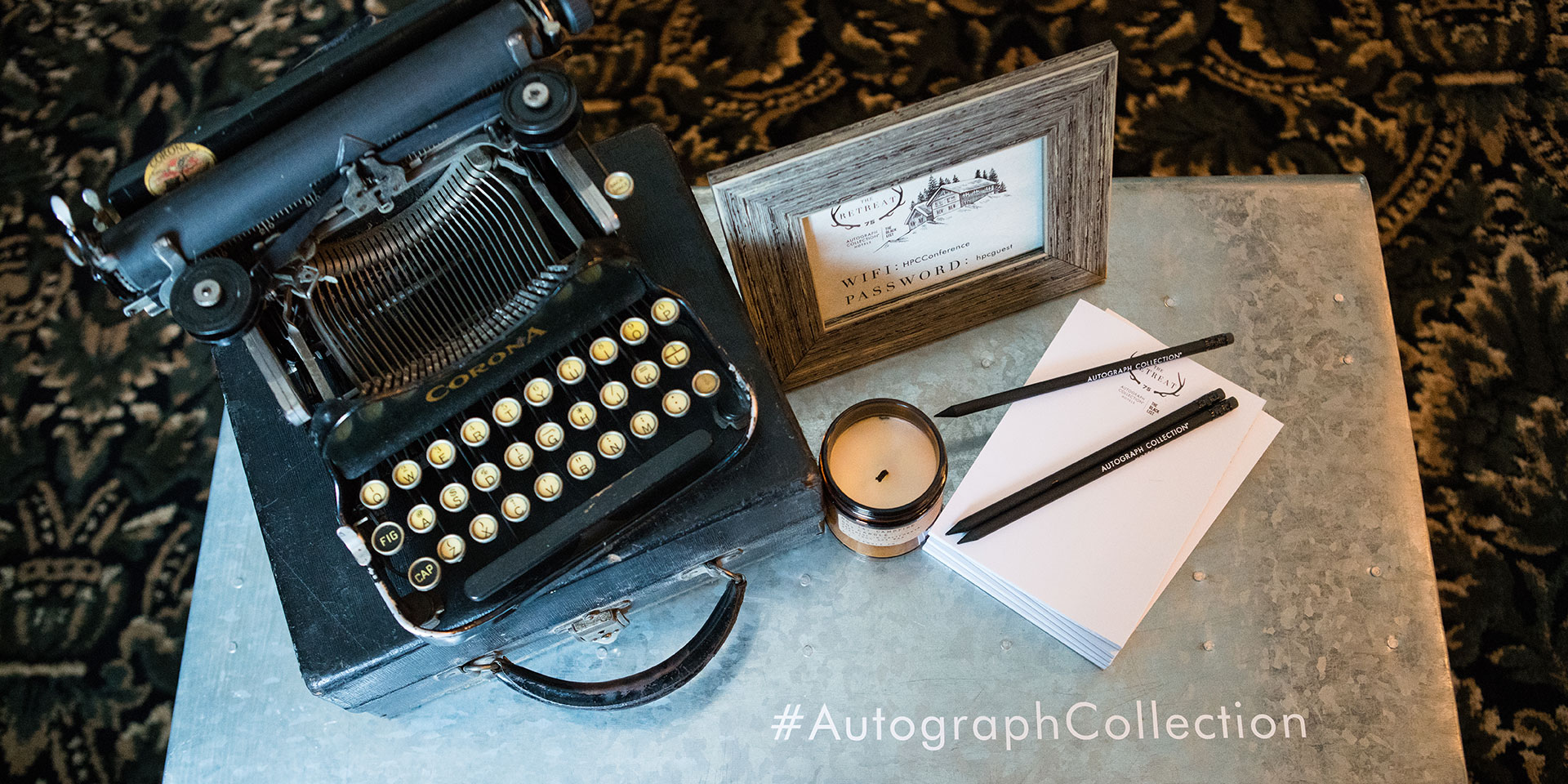
Where have you been recently that’s impressed you?
I’m a big fan of Copenhagen. I was there for Thanksgiving. A friend of mind got a reservation at Noma, which certainly helped. I haven’t spent time in many cities where the primary mode of locomotion is the bicycle, and I really enjoyed it.
It’s a beautiful city. It’s young. Obviously the design is very beautiful. The food culture there is amazing.
Travel has been a big part of your life in general, having lived in different countries. How has travel impacted your life or shaped who you are?
I think I owe my parents a lot for this. For the first eight years of my life, I think I moved every 11 months because my dad was in the Army. When we lived in Germany, we would travel every weekend somewhere. Salzburg, Paris, Barcelona. It was literally on Friday we were packing up the car and going. I think it gave me a bit of wanderlust, which I think is a good thing. So I’m not afraid to go to a new city and figure it out.
As I’ve gotten older I think the things I’m most appreciative about travel for is that it gets me out of my own head. I think we think of ourselves as the protagonist of our own story, and I think travel has made it easier for me to realize that everyone is a protagonist in their own story, so I’m a secondary or tertiary character in someone else’s story. I think I’m more open to the world’s variation of people than I would be otherwise.
As much traveling as I’ve been doing over the last three years — I’m on the road 120, 150 days a year — it’s really forced me to have less stuff. I really value the ability to throw a few things in a bag, hop on a plane and not even check baggage but still have everything I need for whatever destination I’m in. It’s made my life more minimalist in a way.
You live in L.A., but you also spend a lot of time in New York. What are your go-to spots for both cities?
I live in Los Feliz, right next to Griffith Park, so Griffith Park is probably a go-to. But when I’m home, I’m home. There are a few restaurants that I love. There’s this place called Escuela; this taco spot near The Grove. The ArcLight movie theater is where I see 99 percent of my movies in L.A. There’s a wine bar called Covell in my neighborhood. Los Feliz is really giddy and terrific, with multiple restaurants and ice-cream shops and movie theaters within walking distance from my house, so I can stay in the neighborhood, which is nice.
When I’m in New York it’s the Metrograph for movies. I always go to Katz’s Deli. When I’m in New York, I try to find as many new spots as possible. I tend to hang on the Lower East Side.

What are the must-do film festivals if you are a filmmaker or just a movie buff?
Sundance is one of the most important American festivals. Toronto is one of the most important North American film festivals. It’s kind of the unofficial beginning of the awards season. Telluride is starting to lay claim to that. Telluride is where you’ll see the really big movies from Toronto, but it’s super small, so you’ll see the director at a bar somewhere. You need significant financial resources to be able to afford to go to Telluride.
Are they different for different reasons? If you are a screenwriter, do you want to go to one over another?
In 2017 I don’t know that you need to go to a film festival if you’re a screenwriter and filmmaker. If you want to go to a film festival, go because you want to go and participate in the social environment and see a bunch of movies that the festival is presenting. If you want to be a filmmaker, just make films.





